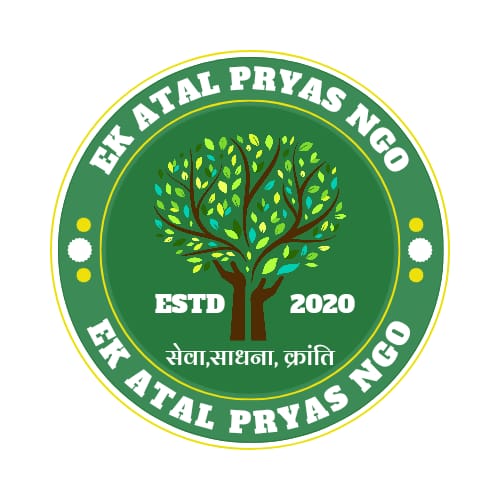
Principles Guiding NGOs in Child Development
Child development refers to the process through which children grow and mature physically, emotionally, mentally, and socially from infancy through adolescence. It involves the sequential and predictable growth patterns that occur in children from birth to around 18 years old. Understanding child development is crucial for parents, caregivers, educators, and healthcare professionals as it helps them provide appropriate support, create enriching environments, and identify any potential developmental delays or concerns.
Here are some key areas of child development:
1. Physical Development:
Gross Motor Skills: This includes the development of large muscle groups and the ability to control movements like crawling, walking, running, and jumping.
Fine Motor Skills: These involve the coordination of small muscle movements, such as grasping objects, holding a spoon, or writing.
2. Cognitive Development:
Intellectual Growth: Children develop thinking skills, memory, problem-solving abilities, and the capacity to understand concepts like numbers, time, and space.
Language Development:
The acquisition of language skills, including vocabulary, grammar, and the ability to communicate thoughts and feelings.
3. Emotional Development:
Emotional Regulation: Learning to manage and express emotions appropriately, such as understanding and coping with feelings of anger, sadness, or happiness.
Empathy and Social Skills: Developing the ability to understand others' feelings, interact with peers, form friendships, and navigate social situations.
4. Social Development:
Relationship Building: Forming attachments with caregivers, family members, and peers.
Understanding Social Norms: Learning the rules of social interaction, such as taking turns, sharing, and showing respect for others.
5. Psychological Development:
Identity Formation: Developing a sense of self, including self-esteem, self-awareness, and a sense of personal identity.
Morality and Ethics: Understanding right from wrong, developing a moral compass, and learning ethical behavior.
6. Sensorimotor Development (for infants and toddlers):
Sensory Exploration: Using senses like touch, taste, smell, sight, and hearing to learn about the world.
Object Permanence: Understanding that objects continue to exist even when they are out of sight.
Understanding these areas helps parents, caregivers, educators, and healthcare professionals create environments and provide experiences that support optimal growth and development for children. Early intervention for any developmental delays or challenges is crucial to ensure children reach their full potential.

